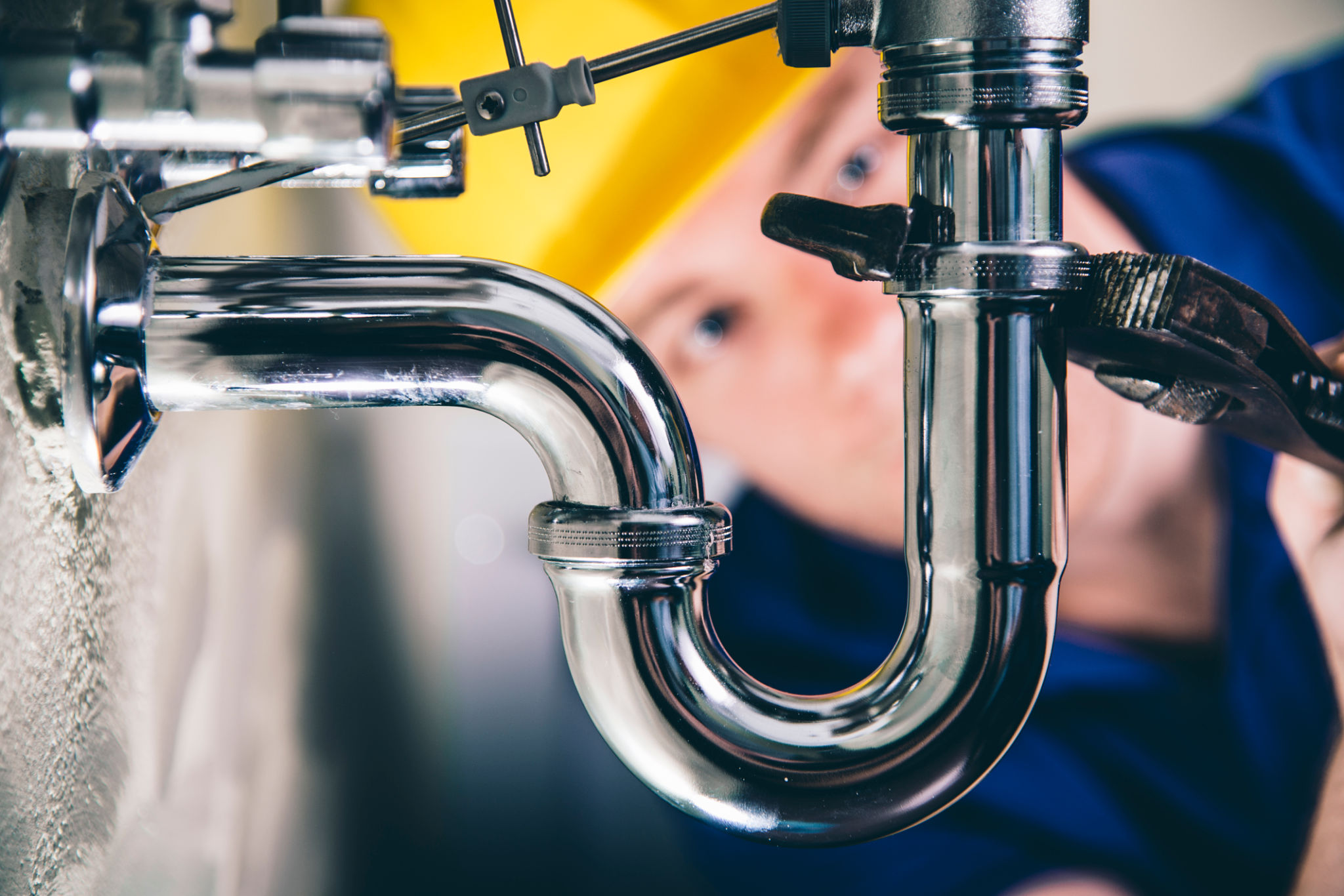DIY Plumbing Tips: How to Handle Minor Leak Repairs Before Calling the Pros
Understanding the Basics of Plumbing Leaks
Plumbing leaks are a common household issue that can lead to significant water damage if not addressed promptly. Understanding the basics of your home plumbing system and recognizing the early signs of a leak can save you time and money. Most leaks occur at joints or connections, and with a little know-how, many minor repairs can be managed without professional help.

Identifying the Source of the Leak
The first step in tackling a plumbing leak is identifying its source. Common areas where leaks occur include under sinks, around toilets, and near water heaters. Look for signs such as water stains, pooling water, or mold growth. In some cases, you might even hear the sound of dripping water.
Once you've pinpointed the leak, turn off the water supply to prevent further damage. This can often be done by closing the shut-off valve located near the affected area.
Gathering the Necessary Tools
Before you start any repair, ensure you have the right tools on hand. Basic plumbing tools include a pipe wrench, adjustable pliers, Teflon tape, and a pipe cutter. Having these tools readily available can make the repair process smoother and more efficient.

Repairing Minor Leaks with Teflon Tape
Teflon tape is a handy tool for sealing leaks at threaded pipe joints. To use it, first remove any old tape or residue from the threads. Wrap new Teflon tape around the threads of the pipe in a clockwise direction, ensuring it covers all threads evenly. Reattach the pipe and check for leaks by turning the water back on.
Using Pipe Sealant for Persistent Leaks
For leaks that Teflon tape cannot fix, pipe sealant or plumber's putty can be an effective alternative. These products are designed to fill gaps and create a watertight seal. Apply the sealant according to the manufacturer's instructions, typically around the leaky joint or connection.

When to Call a Professional Plumber
While many minor leaks can be repaired with DIY methods, there are times when it is best to call in a professional. If a leak persists despite your efforts, or if you're dealing with a major leak that could cause structural damage, it's wise to contact a plumber. Additionally, complex systems or those involving gas lines should always be handled by professionals.
By understanding these basic plumbing tips, you can confidently manage minor leaks and ensure your home stays safe and dry. Remember, timely intervention is key to preventing small issues from turning into costly repairs.